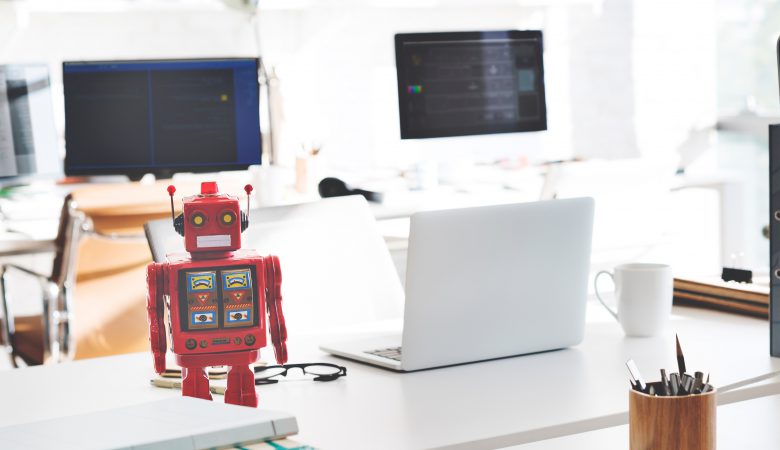New Research Highlights Artificial Intelligence Impact on Innovation and Intellectual Property Rights
A recent study by PwC Consulting suggests that artificial intelligence (AI) will result in a world GDP boost by as much as 14 percent, or $15 trillion, by 2030.
More and more innovators are adopting AI as a tool for harnessing big data to solve pressing problems. Recent AI patent activity reflects the emerging role of AI in nearly all sectors of the global economy.
The World Intellectual Property Organization (WIPO) published a report on AI patents and the statistics are telling. Globally, the total number of patents in AI rose from 18,995 in 2013 to 55,660 in 2017.
Francis Gurry, WIPO director-general, said the surge in patenting “means we can expect a very significant number of new AI-based products, applications and techniques that will alter our daily lives — and also shape future human interaction with the machines we created.”
Additionally, the U.S. Patent and Trademark Office (USPTO) recently held an event titled Artificial Intelligence: Intellectual Property Policy Considerations. There UPSTO Director Andrei Iancu explained how the office was adopting AI programs to help enforce IP and examine applications.
Iancu also warned of policy implications of AI products and asked the audience to consider five questions:
- Whether the legal concepts of inventor or author will be fundamentally changed by AI
- Who retains title to an improvement developed by a machine? The original programmer, machine owner, or even the machine, itself?
- Should using copyrighted works to “train” AI systems constitute fair use or some other exception?
- How do we assess patentability as well as the risk of bias when there is little transparency regarding how algorithms are trained and function?
- How will firms, both large and small, protect AI-related inventions?
One panel at the USPTO event titled AI and IP Economics: Incentives and Innovation, Rory MacFarquhar, the Director for Global Economic Policy at Google, had much to say about the potential of AI and cloud computing. According to MacFarquhar, cloud computing “allows any startup access to enormous amounts of computing power without needing to buy data farms. The wealth of data without the extravagant burdens of cost is a huge incentive for smaller companies to tread into the field of AI.”
The USPTO, the European Patent Office (EPO) and others are setting guidelines for the patentability of AI products. The EU office, for instance stated that generally AI products based on computational models fall under mathematical methods and are therefore not usually patentable.
Another leader in innovation, Japan added examples of AI technologies to the its Patent Examination Handbook that emphasized the necessity for applications to elaborate on an inventive step. As a trade agreement partner with the EU, much of Asia, and American economies observers are looking to Japan to pioneer rules that meet the data-privacy and IP requirements (crucial to AI) for others to adopt later on.
Last June at the annual meeting of the five largest patent offices (IP5) was held in New Orleans There the heads of the patent offices of China, Japan, South Korea, Europe, and the United States jointly declared that the “impact of AI on the patent system” is one of IP5’s main strategic priorities. The meeting concluded with the offices agreeing to continue discussions “with the view to establishing a uniform, international approach” to AI patents.
A consistent international approach that allows novel inventions to be owned and property rights enforced would be preferable. However, as evident by the questions posed by Iancu, the EU guidelines and the recent EU copyright reform legislation – not all international regulators share the same understanding of AI, principles of software patentability, or how data used by AI programs should be properly protected. Much more will need to happen before universal rules can be agreed on.
Photo credit:
https://bit.ly/2ERdysg

